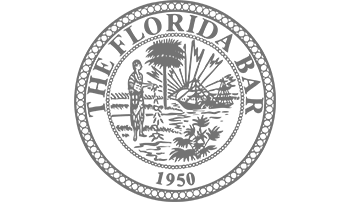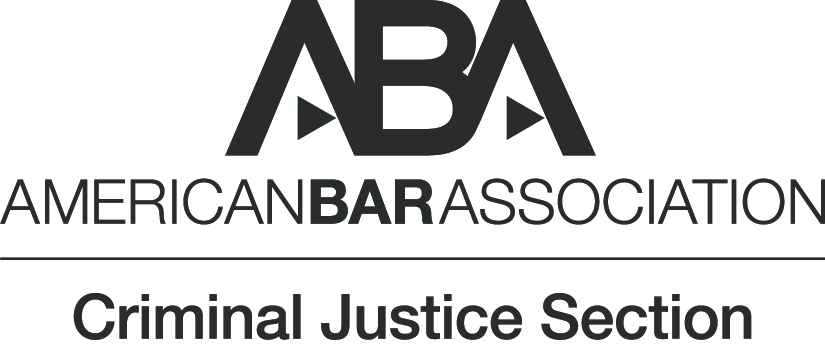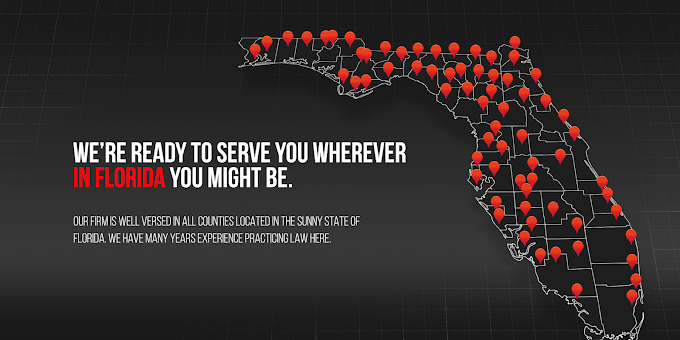






What is a misdemeanor in Florida? Understanding the nuances of misdemeanor offenses is essential in navigating the legal landscape of the Sunshine State. From misdemeanor examples to the most common misdemeanors, knowing the types and potential consequences is crucial.
Can you go to jail for a misdemeanor in Florida? Let's explore the various degrees and types of misdemeanors, along with examples and potential penalties. Delve into this comprehensive guide to gain insight into misdemeanor crimes and their implications in Florida's legal system.
A misdemeanor is any criminal offense that is punishable by less than one year in jail. In Florida, misdemeanor offenses are considered less serious crimes than felony offenses and are handled at the County Court level.
For more information about misdemeanor in Florida, visit Florida Statues 775.08 (2)

Misdemeanor examples in Florida include:
Understanding the nature of misdemeanors and the list of misdemeanor crimes is vital for individuals to comprehend the legal implications and potential consequences of various misdemeanor crimes in the state of Florida.
In Florida, misdemeanors are categorized into different degrees based on their severity:

First-degree misdemeanors are considered more serious and can result in harsher penalties. Examples of misdemeanors in this category may include DUI (Driving Under the Influence), domestic violence, and possession of certain controlled substances. Penalties for first-degree misdemeanors may include fines of up to $1,000, probation, community service, and up to one year in jail.
Second-degree misdemeanors are less serious offenses compared to first-degree misdemeanors. Most common misdemeanors include actions like petty theft, disorderly conduct, and possession of small amounts of marijuana. The penalties for second-degree misdemeanors may include fines, probation, community service, and up to 60 days in jail.
Misdemeanors in Florida encompass a spectrum of offenses, each carrying its own set of penalties:

First-degree misdemeanors entail more severe consequences compared to their second-degree counterparts. Individuals convicted of first-degree misdemeanors may face fines reaching up to $1,000, along with probation, community service, and a maximum jail term of one year. Offenses categorized as first-degree misdemeanors include DUI (Driving Under the Influence), domestic violence, and possession of certain controlled substances.
Second-degree misdemeanors, while less serious, still carry significant penalties. Those found guilty of second-degree misdemeanors may be subject to fines of up to $500, probation, community service, and imprisonment for a maximum of 60 days. Examples of second-degree misdemeanors include disorderly conduct, petty theft, and certain traffic violations
Misdemeanors are generally less serious crimes, carrying punishments such as fines, probation, or imprisonment for less than one year. Examples include minor theft, simple assault, disorderly conduct, and certain traffic violations.
In contrast, felonies encompass more severe offenses like murder, kidnapping, robbery, and certain drug trafficking crimes. The penalties for felonies are typically more severe, often involving imprisonment for over a year, substantial fines, or, in extreme cases, life imprisonment or the death penalty.

Misdemeanors and felonies are further categorized into classes or degrees. In Florida, misdemeanors are classified as mentioned above.
Meanwhile, felonies in Florida are categorized into degrees, including:
To understand more about the difference between misdemeanor vs felony, read this article!
Ready to transform your legal standing? At ErasetheCase, we specialize in expunging and sealing records in Florida. Join us in paving the way to a clean slate and a brighter future. Contact us today, and let our team assist you through the process. Your fresh start awaits.
Misdemeanors in Florida can carry significant consequences, ranging from fines to probation, community service, and even incarceration in some cases. While they are considered less serious than felonies, misdemeanors should not be taken lightly due to their potential impact on an individual's record and future opportunities.
The lowest misdemeanor offenses in Florida typically include minor infractions such as traffic violations and disorderly conduct. Despite their relatively minor nature, these offenses can still result in legal consequences and should be addressed appropriately.
Misdemeanor convictions in Florida can linger on an individual's record indefinitely unless specific legal actions are taken to have them expunged or sealed. It's essential to understand the process and eligibility criteria for expungement or sealing to mitigate the long-term effects of a misdemeanor conviction.
A first-time misdemeanor in Florida refers to an individual's initial offense classified as a misdemeanor. First-time offenders may receive lighter penalties compared to repeat offenders, but it's essential to approach any misdemeanor charge with seriousness and seek appropriate legal counsel to navigate the legal process effectively.

























